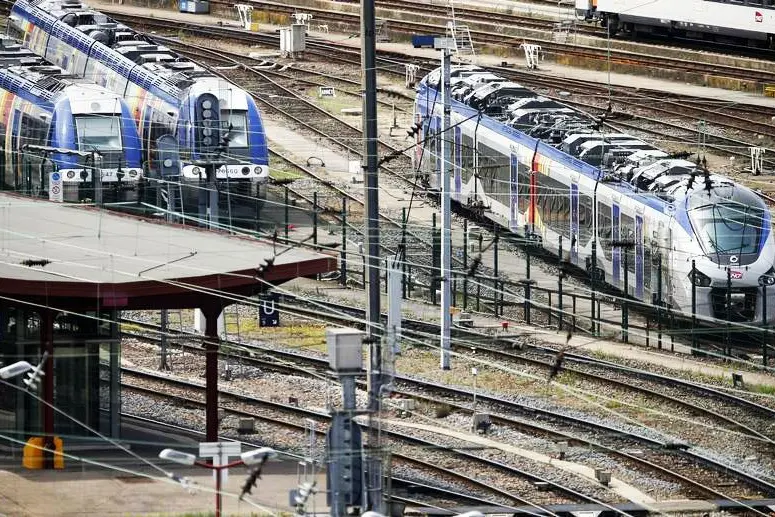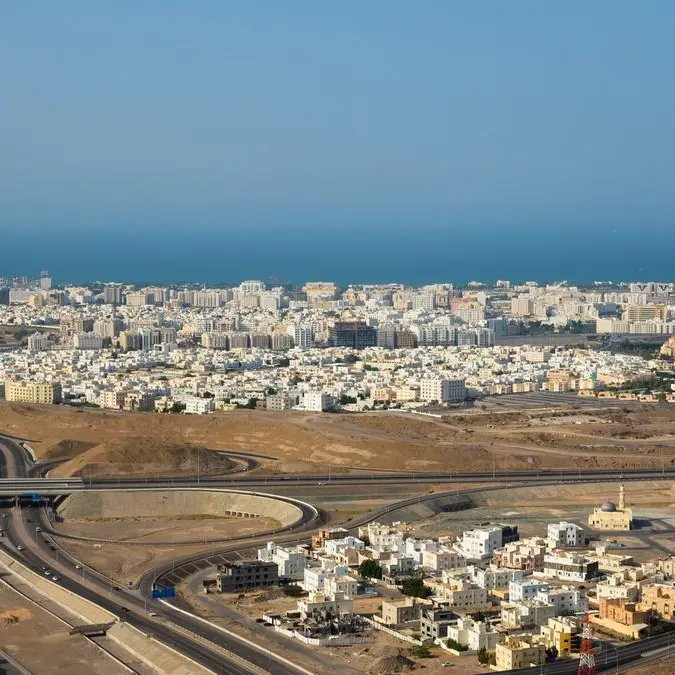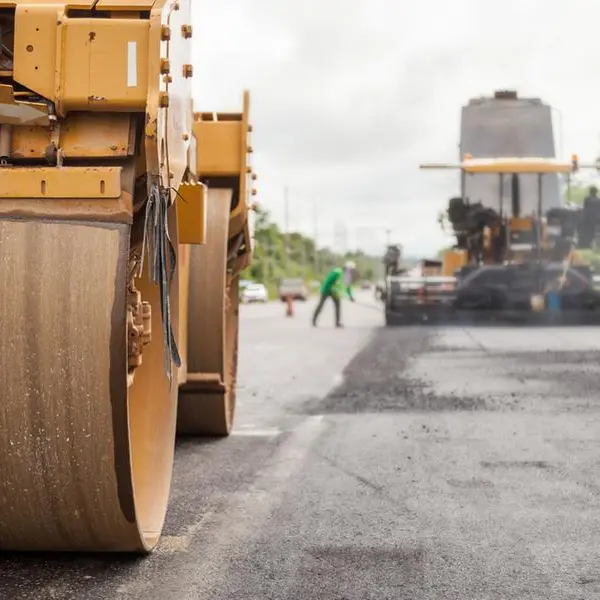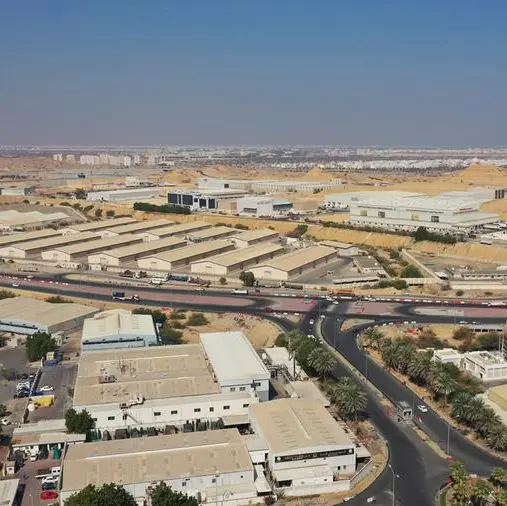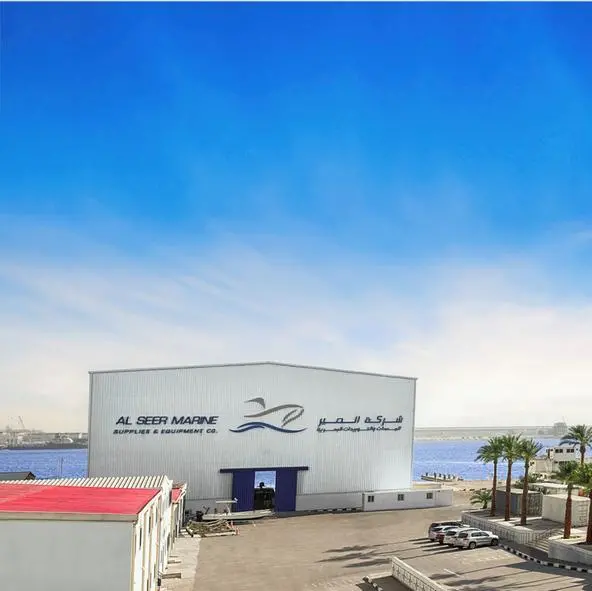PHOTO
French rail transportation giant Alstom hopes to further its localisation plans in Saudi Arabia through recently signed agreements with the Ministry of Investment and Saudi Arabian Railways (SAR).
The agreement with the Ministry is focused on seeking opportunities to create local know-how around railway infrastructure and technology while the pact with SAR aims to explore hydrogen-powered trains for the Kingdom.
Alstom’s Managing Director of Saudi Arabia Mohammed Khalil told Zawya Projects that the two Memoranda of Understanding represent initial steps towards building a strong partnership with the Kingdom and its railway industry.
“Saudi has already announced a net-zero target by 2060 and we look forward to working with SAR to make this vision come true,” he said.
“Our products will be in service for decades and we want to ensure our relationship with our customers is long term and symbiotic,” he said.
Alstom is currently involved in the implementation of Riyadh Metro Lines 3,4,5, and 6. The project, comprising six lines extending 176 kilometres and 85 stations, is one of the largest urban transit projects in the world.
Khalil pointed out that Saudi Arabia’s focus on mobility solutions is helping set the right foundations for the development of a strong railway ecosystem.
“We have numerous examples across the region where we worked with governments and customers to enable economic diversification plans and industrial road maps through localisation; South Africa, Kazakhstan and Morocco being examples.”
“In Morocco, our factory is part of global supply chain for cables, one of only two such factories worldwide. In South Africa, Alstom supported the launch of a JV called Gibela, which is building 600 X’trapolis Mega trains for the country. We supported the development of 90 direct local suppliers and currently 65 percent of the content is supplied locally.”
Value chain opportunity
The Alstom official said the focus on public rail transport solutions presents many opportunities to create a strong value chain within the country.
“This could include rail manufacturing capability, a strong local supply chain for some critical rail components, research and development for new digital solutions, training centre for rail-focused expertise and more,” he said, adding that the Kingdom could become a centre for innovation across many areas.
“The fact that Saudi, which has launched numerous mega projects such as NEOM, demonstrates the desire and commitment to innovation and willingness to try things never done before. Many of the solutions needed may not be available now and will serve as motivation for accelerated product development.”
Khalil said the trajectory of investments in Saudi railway sector focused on increasing capacity, efficiency, intermobility and future proofing its mobility infrastructure.
“Saudi is rethinking the existing mobility ecosystems and looking for partners to help with new solutions to meet current and future demands. There is a growing focus on rail and growing appreciation of the benefit it brings in terms of faster, safer, cleaner mobility.”
He confirmed that Alstom is in the process of identifying specific areas of focus that would sustain a strong rail industry in the Kingdom.
“Alstom has started to launch the necessary engagements with local stakeholders to best define and implement a development plan that will support its growth ambition while also supporting general local development within the sector,” he concluded.
(Reporting by Anoop Menon; Editing by Bhaskar Raj)
